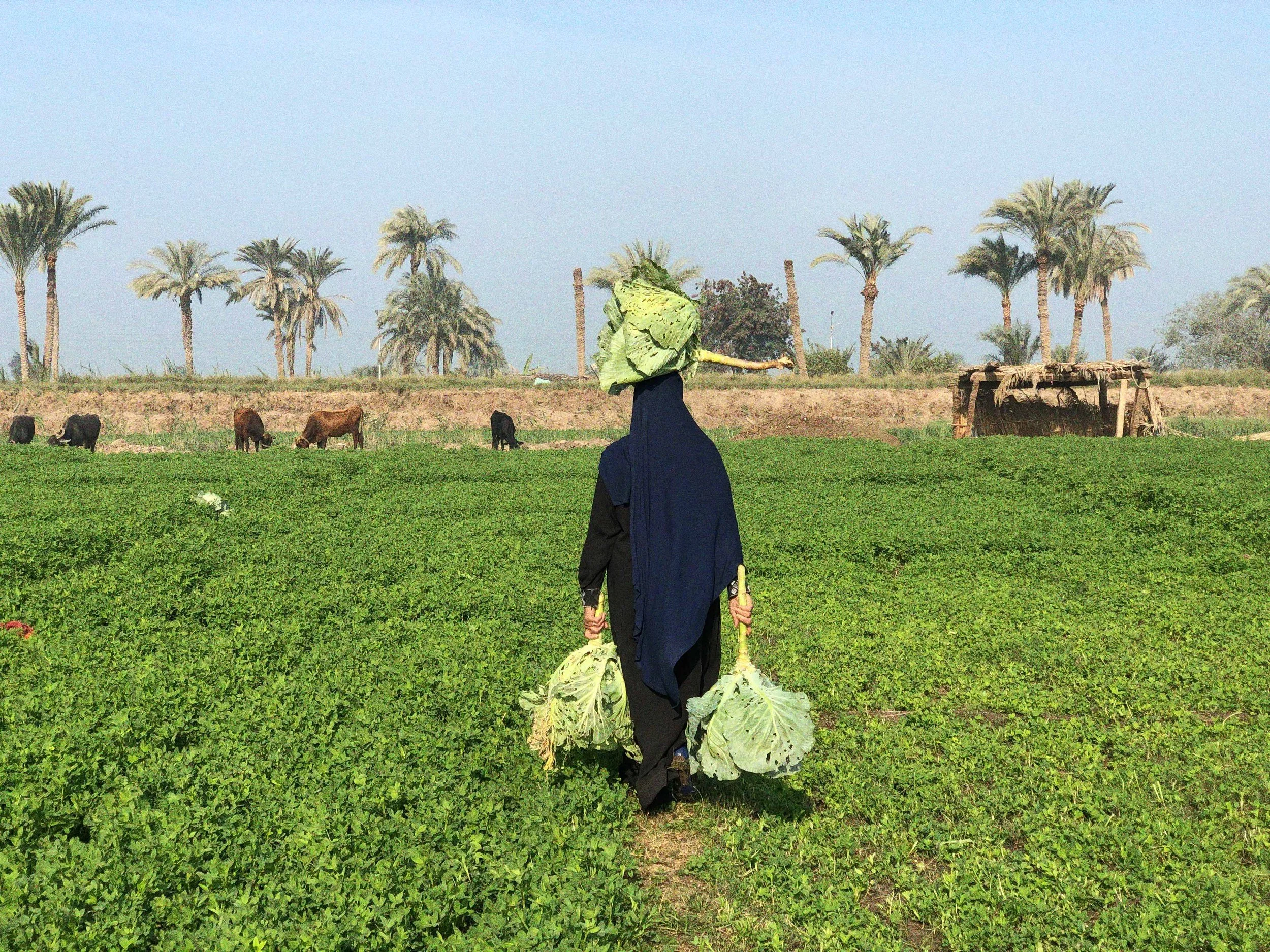CASE STUDY 16
Using Science to Drive Gender-Responsive Climate Adaptation & Policy
Pakistan

Context
Pakistan is one of the most climate-vulnerable countries in the world, with women and girls facing disproportionate health burdens from heatwaves, flooding, and air pollution. Yet national policy and planning often lack the rigorous, localized data needed to guide gender-sensitive interventions. IGHD fills this gap by producing high-quality evidence on climate-related health impacts—particularly for women and children—and advocating for policies that translate these insights into action.
Organization
The Institute for Global Health and Development (IGHD) at Aga Khan University is a leading research institute in Pakistan that generates actionable, localized evidence at the intersection of climate change, environment, and public health. IGHD’s work focuses on how extreme weather events—particularly heat—affect health among vulnerable groups such as women and children. Its research explores maternal and child health, mental health, and community resilience, while identifying strategies to strengthen adaptation. IGHD’s findings directly inform national and global policy, ensuring that women’s and children’s health priorities are integrated into climate responses.
Approach
IGHD employs a multidisciplinary, evidence-based approach to advancing gender-responsive climate and health resilience in Pakistan. A flagship initiative is a cohort study of over 6,000 pregnant women across different ecological zones, designed to assess how extreme heat affects maternal health outcomes—including preterm birth, low birth weight, and pregnancy complications—and to investigate the underlying biophysiological pathways.
In parallel, IGHD is evaluating a combination of structural and behavioral adaptation strategies to support the health of pregnant and lactating women, adolescent girls, and elderly women—groups most vulnerable to heat stress and health system breakdowns. Structural measures include reflective paints, roof shading, improved ventilation, and tree coverage. Behavioral strategies focus on hydration, adjusted work-rest cycles, and early warning systems to reduce heat stress in vulnerable communities. Their work integrates indigenous knowledge and community practices to ensure cultural relevance and local ownership. This integration is deeply rooted in women’s experiences.
IGHD also documents the psychological toll of climate stress—capturing trauma, anxiety, depression, and chronic stress, particularly among women and adolescents—and assesses how primary health systems can respond to these needs. IGHD also incorporates psychosocial rituals such as storytelling and community-based healing, often led by women, to strengthen emotional resilience in the face of climate trauma.
Results to Date
IGHD’s findings are not confined to academic publications. They actively collaborate with key national and international partners—such as UNFPA, UNICEF, ADB, WHO, and Pakistan’s Ministry of Climate Change—to ensure that gender-disaggregated data and locally grounded evidence inform national health adaptation planning processes.
IGHD is conducting a flagship cohort study of over 6,000 pregnant women across various ecological zones in Pakistan, designed to assess the impact of extreme heat on maternal health outcomes.
IGHD is conducting a large-scale evaluation of structural and behavioral adaptation strategies to combat heat stress for pregnant and lactating women, adolescent girls, and elderly women. Their work integrates adaptation strategies that are based on indigenous knowledge and community practices to ensure cultural relevance, cost-effectiveness, and local ownership.
“Pakistan is a diverse country, from glaciers to deserts to sea, to lands of extreme heat. People have lived in these areas for centuries, surviving environmental extremes with indigenous knowledge. We are tapping into that knowledge, linking it with science, to understand how these practices work.”
DR. JAI K. DAS
Associate Director, IGHD
PDF Resilience Rising: Case Studies of Impact at the Climate-SRHR Nexus Across South Asia


